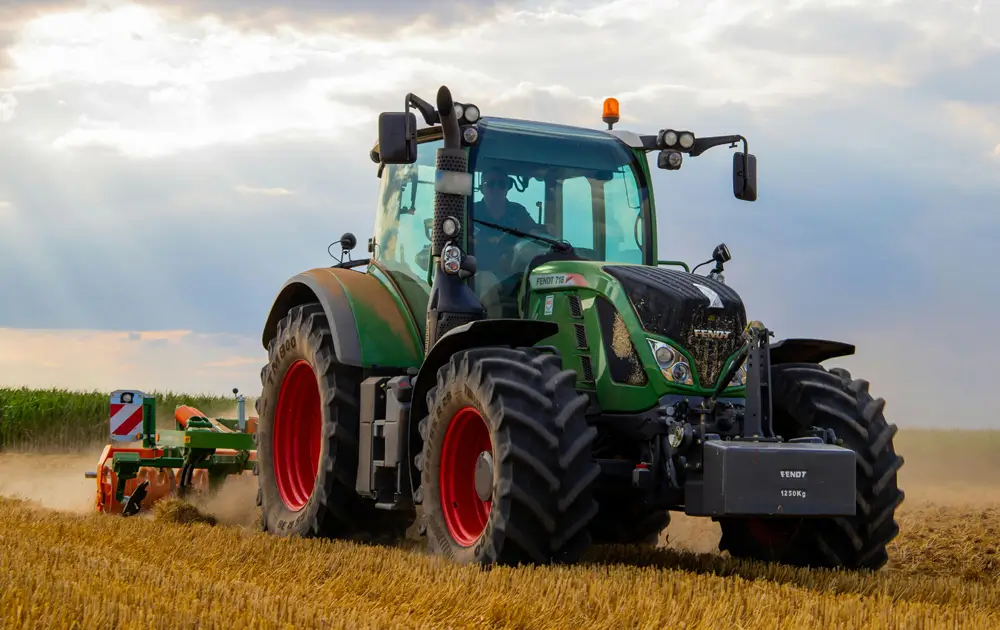
What Happened in 2023 and What’s Coming in 2024
Water is a vital resource for agriculture, and its management has become increasingly critical in the UK. As we look back at 2023, it’s clear that water usage in the agricultural sector has been significantly impacted by climate change and evolving regulations.
2023: A Year of Rising Demands and Innovative Solutions
- Climate Change Intensifies Water Scarcity: The UK experienced hotter, drier summers in 2023, leading to increased water demands for irrigation, particularly in the South East and East. The Environment Agency reported a slight uptick in agricultural water usage, reaching around 200 million cubic meters.
- Regional Disparities in Water Consumption: While some regions, like the South East and East, faced severe water shortages, others, such as the North and West, benefited from more consistent rainfall. This highlighted the uneven distribution of water resources across the UK.
- Adoption of Water-Saving Technologies: Farmers responded to the challenges by embracing innovative water-saving technologies. Drip irrigation, soil moisture sensors, and rainwater harvesting systems became more common as they sought to reduce water waste and improve efficiency. Government incentives played a crucial role in promoting sustainable farming practices.
- Stricter Water Regulations: The Environment Agency introduced tougher controls on water abstraction to address water scarcity, particularly in vulnerable areas. Farmers were required to demonstrate sustainable water use practices and invest in efficient technologies.
Looking Ahead to 2024: What’s on the Horizon?
- Continued Climate Pressure: The trend of warmer, drier summers is expected to persist, further intensifying water demand for agriculture. Farmers will need to adapt their practices and invest in advanced technologies to cope with these challenges.
- Tightening Regulations: The UK government is likely to introduce even stricter regulations to improve water efficiency in agriculture. This may include further restrictions on water abstraction and incentives for adopting innovative technologies.
- Technological Advancements: AI-driven irrigation systems and other advanced technologies are expected to become more prevalent in 2024. These innovations can optimize water usage, enhance efficiency, and improve resilience to climate change.
- Economic Pressures and Rising Costs: The rising cost of energy and the need to comply with stricter regulations may increase operational costs for farmers. However, investing in sustainable practices can help mitigate these challenges.
- Growing Consumer Demand for Sustainability: Consumers are increasingly aware of the environmental impact of their food choices. This may lead to increased demand for sustainably produced food, driving the need for water-efficient farming practices.
Conclusion
The UK’s agricultural industry faces significant challenges related to water usage. By embracing innovative technologies, complying with regulations, and meeting consumer demands for sustainability, farmers can ensure a resilient and sustainable future for the sector.
